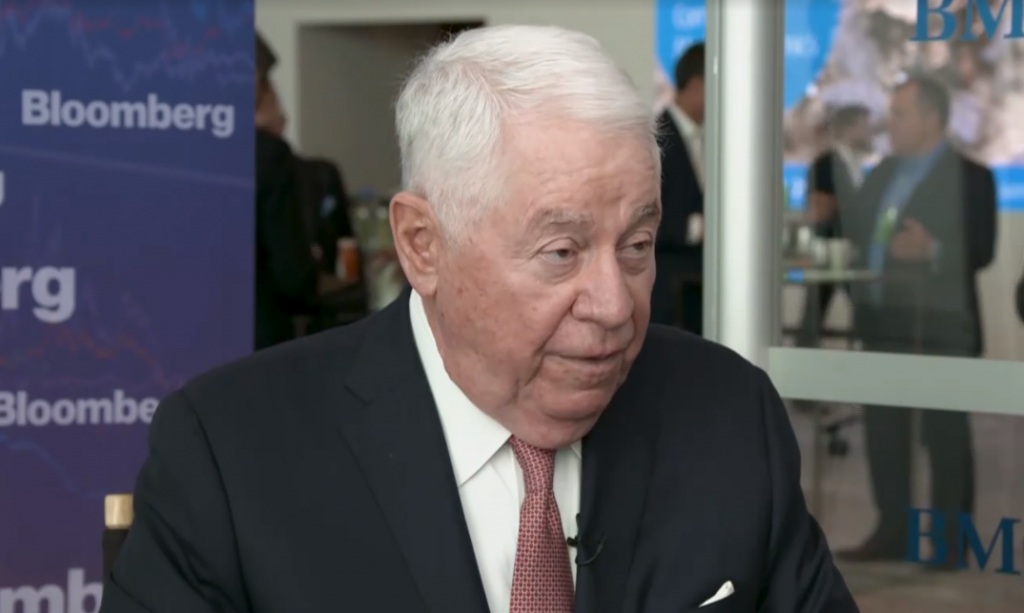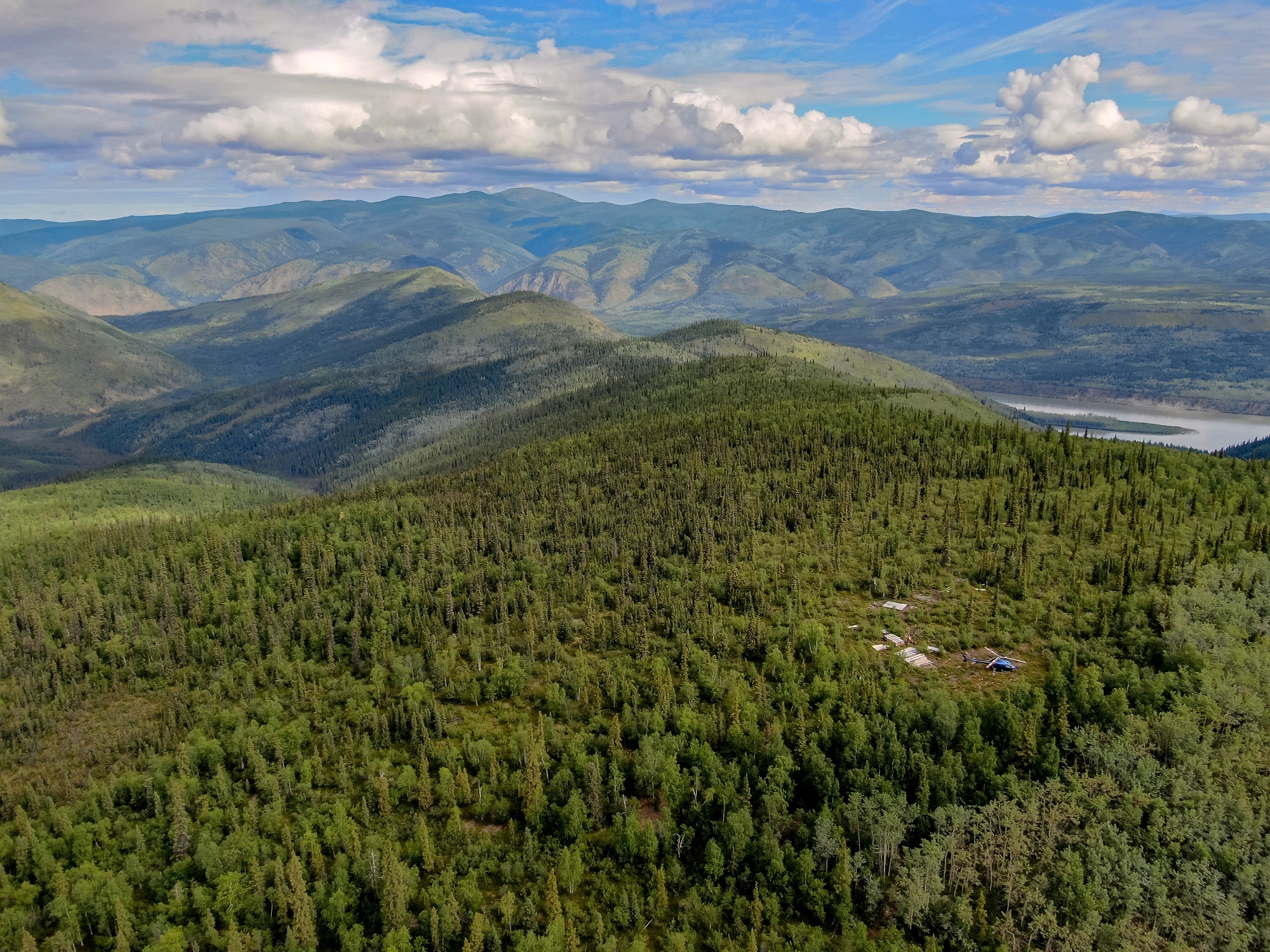US must improve copper mine permitting process, Freeport CEO says

The US must improve its mine permitting process if it hopes to boost domestic supplies of critical minerals to power the clean energy transition, the CEO of copper giant Freeport-McMoRan said on Monday.
“The US government needs to stop giving lip service to permitting,” Richard Adkerson told Reuters on the sidelines of the CERAWeek energy conference in Houston.
“The question is, given our political system that we have today and the dysfunctionality of it, how do you go from getting a project verbally accepted to getting actions done?”
Earlier, US Energy Secretary Jennifer Granholm told the conference that she supported efforts in the US Congress to reform the country’s mining laws, some of which were first approved in the 19th Century.
Adkerson sat next to Granholm at the conference’s Monday lunch and said he had a productive conversation with the secretary about permitting reform.
Adkerson, who plans to step down as CEO this year after more than 20 years in his role, said he was asking Washington for more clarity on how permits are approved or rejected, not an easing in environmental regulations.
“We’re not talking about dropping standards,” he said. “We’re talking about processes here.”
Kathleen Quirk, Adkerson’s longtime lieutenant who will succeed him as CEO, said Freeport was focused on earning the support of people who live near its mine sites as part of its push to boost the copper industry’s social license to operate.
“We talk a lot about finding common ground. You got to find it. It’s going to take out of your economics, but otherwise you don’t have a viable business plan if you don’t come up with a sustainable solution,” said Quirk, currently the company’s president.
Elsewhere in the US, Freeport would be open to potentially expanding its Miami, Arizona, copper smelter, both Adkerson and Quirk said. But for the near term the company is focused on expanding its use of copper leaching, both added.
Of two US copper smelters, Freeport operates one and Rio Tinto the other.
Freeport has struggled to attract workers inside the US, and Adkerson said filling staffing needs was still a “work in progress”.
“We’re trying to advance technology to reduce worker requirements wherever we can, but it’s a US problem for us,” he said. “In Peru and Indonesia,” where the company also mines copper, “we have flood of applicants for all of our jobs.”
Adkerson, who will remain Freeport’s chairman, said he does not expect Quirk’s transition to CEO to bring major changes to the Phoenix-based company.
“This is a seamless management change,” Adkerson said.
(By Ernest Scheyder; Editing by David Gregorio)
{{ commodity.name }}
{{ post.title }}
{{ post.date }}




Comments
steve johnson
I found the permitting process had morphed into a monster. I was with the USEPA and worked as a permit geologist for 25 years and found the prospective permitee had to score 100% to get anything approved and once approved, it could be rescinded apparently at a whim. Everybody insisted on signoff…federal, state and local. By the time the process was over the applicant was usually worn down. I gave up, retired and returned to the mining business in Chile. My mining friends found the same when they tried to start mines themselves. There was opposition to EVERYTHING. EVERYTHING. We now offshore much of our “dirty” work in the most despicable and self serving way. Why get our land all dirty when we can dirty up somebody else. Nobody gets anything done if the permitting process requires unanimous consent everywhere. I point to Biden revoking a major pipeline permit after a green light was given. AFTER! At least we have imported 8-10 million “new workers” recently…maybe they will jump at the chance to do some work. I went to Chile myself….and even there….